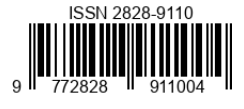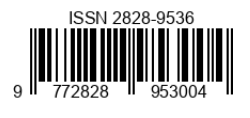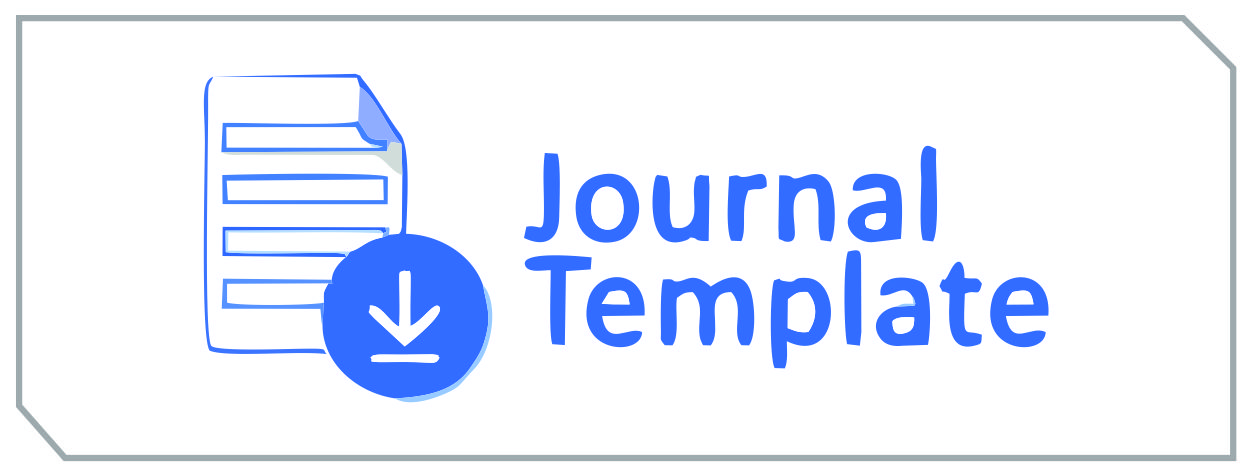Perceptions of International Tourists Toward Bali's Regional Regulation No. 6 of 2023 (Tourism Levy for Foreign Visitors)
DOI:
https://doi.org/10.56910/nawasena.v4i1.1981Keywords:
International Tourist Levy, International Tourists, Sustainability, Tourism Policy, TransparencyAbstract
The International Tourist Levy (ITL) policy, implemented by the Bali government in 2023, aims to fund environmental conservation and the development of tourism infrastructure to ensure the sustainability of Bali's tourism industry. This study aims to explore the perceptions of international tourists regarding this policy and its impact on their decision to visit Bali. The research employs a qualitative approach, using in-depth interviews with five international tourists who visited Bali after the introduction of the ITL policy. The findings reveal that the majority of respondents support the policy, although there are concerns about the additional cost, particularly among tourists with limited budgets. Transparency in the management of the funds and clear allocation for environmental preservation were key points of concern. Support for the policy was especially strong among tourists who are aware of the importance of sustainability, although several respondents expressed the need for more detailed information on how the funds are used. The study suggests that the Bali government should enhance communication about the policy and ensure transparent fund usage to maintain tourist trust and support.
References
Asari, A., Widiana, I., Hermawansyah, H., Mujanah, S., Winbaktianur, W., Azizah, S., Rahmiyati, N., Halik, S. A., Andjarwati, T., & Sunata, I. (2023). Kewirausahaan Era Society 5.0. Mitra Ilmu.
Budiono, S., & Purba, J. T. (2024). Strategi kunci keunggulan bersaing bisnis internasional: Suatu pengalaman negara Eropa dan Asia. Penerbit NEM.
Chen, S. (2020). How East Asian organizations implement design thinking (DT): A typology. International Journal of Design Management & Professional Practice, 14(2).
Komari, N. (2024). Etika kerja: Kunci sukses karir dan kehidupan. Takaza Innovatix Labs.
Kornelakis, A., & Petrakaki, D. (2024). Technological innovation, industry platforms or financialization? A comparative institutional perspective on Nokia, Apple, and Samsung. Business History, 1–26. https://doi.org/10.1080/00076791.2024.2312346
(catatan: tambahkan DOI jika tersedia)
Mungiu-Pippidi, A. (2023). Rethinking capitalism and corruption. In Rethinking corruption (pp. 93–114). Edward Elgar Publishing.
Pandiarajan, V. (2022). Sources of innovation. In Business innovation (pp. 49–57). Routledge.
Putra, A. H. P. K. (2022). Editorial notes: Transformation customers’ needs in the aspect of client value in Industry 4.0. Golden Ratio of Marketing and Applied Psychology of Business, 2(1).
Roy, R. C. R. R. I., Tanjung, H. A., Syam, A., Syarweny, N., & Sundari, R. (2024). Pengantar manajemen. PT. Sonpedia Publishing Indonesia.
Saragih, R., & Lestari, M. D. (2023). Adaptive leadership in the digital era: The role of emotional intelligence. Jurnal Manajemen Indonesia, 23(1), 45–58.
Silalahi, A., & Hidayat, T. (2023). Digital entrepreneurship and innovation capability in MSMEs. Journal of Business and Innovation, 5(2), 101–115.
Tse, T., & Li, X. (2023). Recoupling corporate culture with new political discourse in China’s platform economy: The case of Alibaba. Work, Employment and Society, 37(6), 1544–1564. https://doi.org/10.1177/09500170231109876
Utami, W. S., & Fadilah, N. (2022). Strategic agility and business model innovation in facing disruption. Jurnal Strategi Bisnis, 10(3), 212–225.
Wijayanti, D., & Nugroho, H. (2023). The role of organizational culture in digital transformation. International Journal of Organizational Studies, 8(1), 34–49.
Yunita, R., & Prasetyo, T. (2023). Business sustainability in the era of digitalization: A conceptual framework. Jurnal Ekonomi dan Bisnis Digital, 6(4), 189–201.
Downloads
Published
How to Cite
Issue
Section
License
Copyright (c) 2025 Nawasena: Jurnal Ilmiah Pariwisata

This work is licensed under a Creative Commons Attribution-ShareAlike 4.0 International License.








